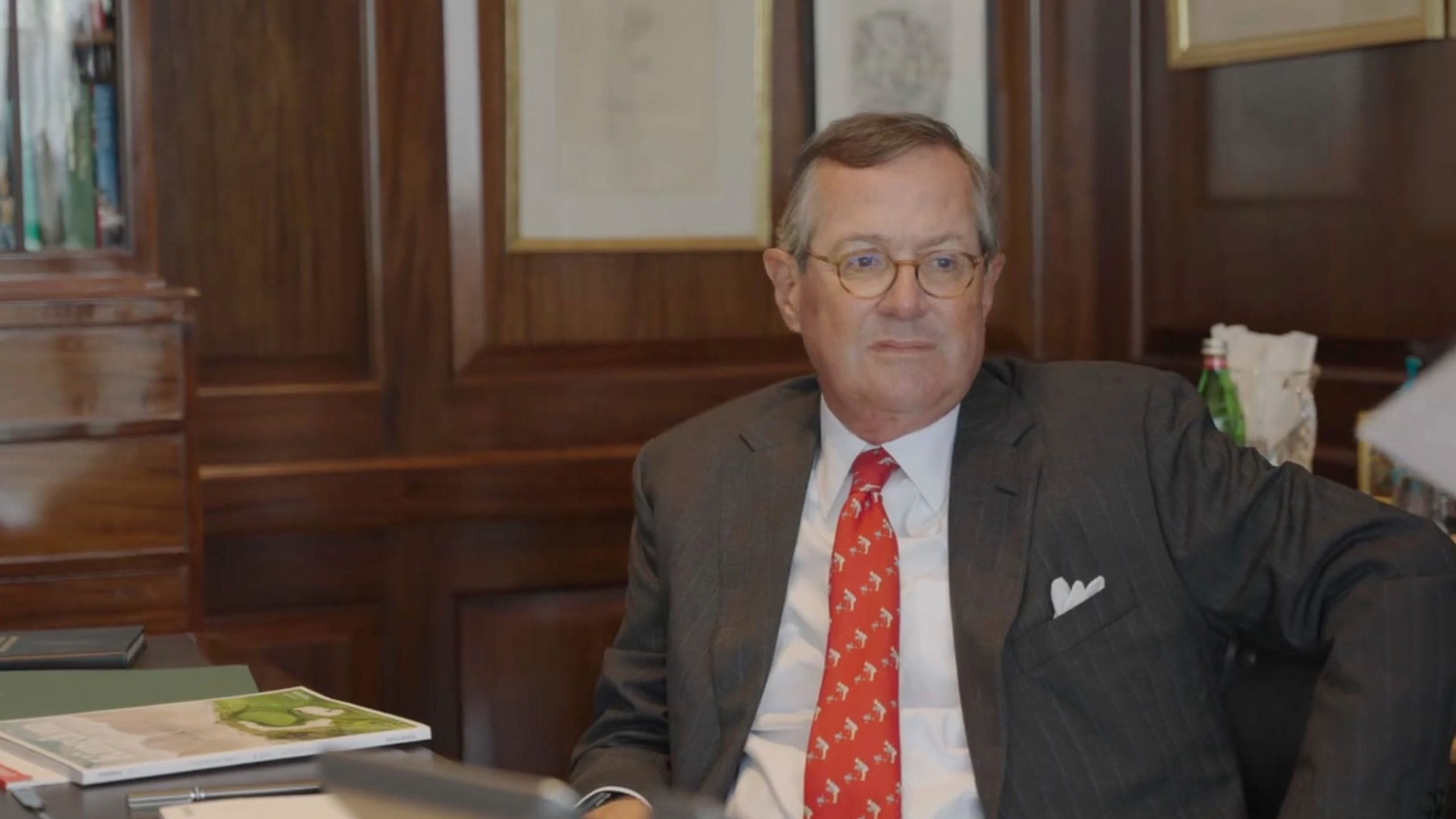Warnings over Britain’s shrinking space for free expression took center stage at a London event on Friday, where US Ambassador Warren Stephens urged policymakers to resist laws and interventions that “undermine our commitment to freedom of expression.”
Speaking to the Pilgrims of Great Britain at Guildhall, before an audience that included Deputy Prime Minister David Lammy, Stephens described a worrying convergence of bureaucratic overreach, online restrictions, and politically charged policing that, in his words, threaten to make the UK “less free and less competitive.”
He argued that both the United States and Britain were built on “free markets, free people and free nations,” and that those foundations are weakened when speech and enterprise become subject to “excessive government interference” or pressure from “malign foreign actors.”
Stephens added: “Where our adversaries wish to instil fear, we respond with freedom. Because freedom makes our societies what they are today.”
His remarks linked physical violence and regulatory excess as twin threats to liberty, one carried out by individuals and the other through law. He cautioned that governments should not allow the language of protection to mask encroachments on rights.
The increase in censorship in the UK has gained international traction in recent months. American officials and business leaders, including Vice President JD Vance and Elon Musk, have publicly accused Keir Starmer’s government of restricting speech through new online safety measures.
Meanwhile, British police have faced criticism for arresting social media users over content deemed “offensive.”
The imprisonment of Lucy Connolly, the wife of a Conservative councillor, amplified concerns about uneven enforcement.
Connolly received a 31-month sentence for posting inflammatory comments after the Southport attack, believed to be the longest ever imposed for a single online post.
Her case, followed by the arrest of Father Ted co-creator Graham Linehan at Heathrow Airport on allegations of “inciting violence” in online posts about transgender issues, has intensified discussion over whether British law enforcement has become entangled in the business of policing opinion.
Stephens, who chairs the American investment firm Stephens Inc., said that as technology evolves, societies must avoid treating expression as something to be “managed” rather than protected.
“Technology is developing rapidly and that poses new challenges for debates over freedom of expression,” he said, adding that both nations “must enshrine and defend the freedoms we fought together for in two world wars and in the battle against communism and socialism.”
The ambassador’s message reflected a broader warning that democratic nations risk weakening themselves when fear and regulation start to shape the limits of speech.
His argument, delivered in the city that once gave the world John Stuart Mill’s defense of liberty, was simple: free societies endure only when their citizens can speak without permission.










